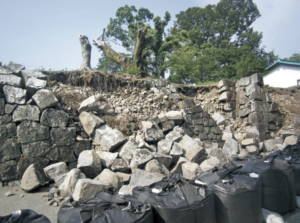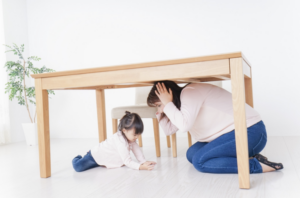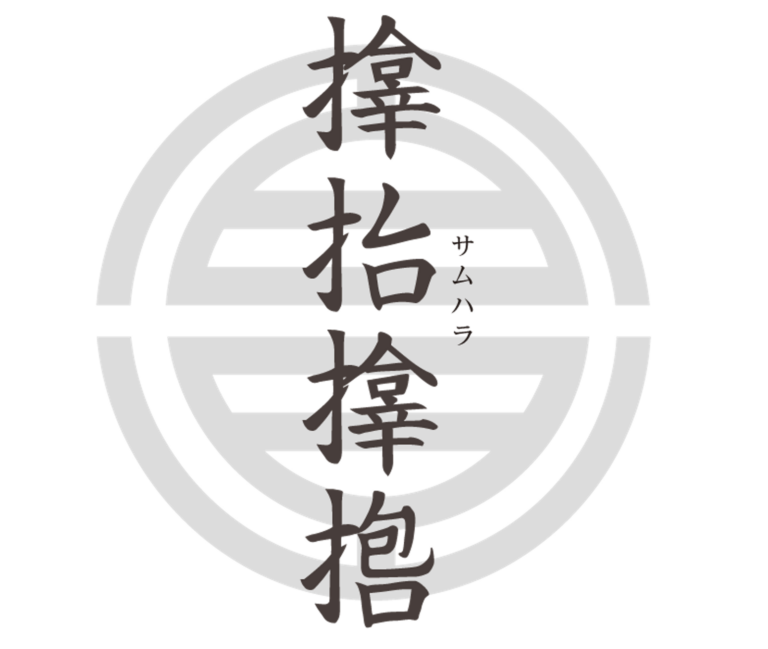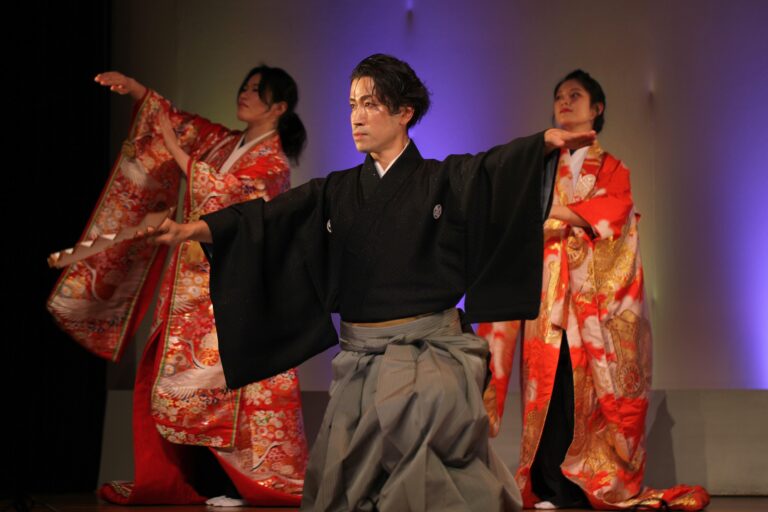Japan is an earthquake-prone country. What are the world’s top measures?
January 1, 2023. A
huge earthquake occurred near the Noto Peninsula facing the Sea of Japan.
The situation is very severe, and although we are making every effort to provide relief and recovery, it will take a long time to recover.
As you all know, Japan is a country with many large earthquakes.
About 10% of the world’s earthquakes occur in the vicinity of Japan, so the number is considerable.
For this reason, strict standards have been set for earthquake-resistant structures to prevent buildings from collapsing, evacuation facilities have been enhanced, and rescue teams have been improved to improve their skills and take swift action, but research continues to see if it is possible to minimize damage if an earthquake can be predicted to occur in the first place.
Thoroughly study earthquakes!
The government’s budget for earthquake surveys is more than 5 billion yen every year.
There are also studies by universities and private companies, so the total amount is quite a lot.
Earthquake research in Japan began in 1880 with the establishment of the Seismological Society of Japan.
In order to predict a major earthquake, it is important to investigate what kind of precursor phenomena occurred when a large earthquake occurred.
More than 4,000 sensors have been installed to predict large earthquakes from slight anomalies.
Anomalies on the seabed are also important.
Earthquakes that occur on the ocean floor are likely to cause tsunamis.
It was the tsunami that caused major damage during the Great East Japan Earthquake in 2011.
That’s why we have sensors on the seabed.
Required Prediction Accuracy
It is said that at least this level of prediction is necessary.
・Time: →Within 1 week
・Location: Near Tokyo →
・Scale: → magnitude 6 to 7
If these three predictions are accurate to a certain extent, it is possible to evacuate people in the Tokyo area during that time, but if it is said that it will be 、、、 within a few years, it will be impossible to evacuate.
Why is it so difficult to predict?
In the first place, earthquakes are said to be caused by the deformation of the earth’s crust deep in the ground.
The earth’s crust moves and collides with each other, causing distortion.
If its distortion goes to a certain point, it becomes unbearable, and an earthquake occurs.
But you can’t see it closely.
In that case, we have no choice but to build forecasts based on past data, but past data is overwhelmingly insufficient.
Observations began in 1880, but large earthquakes occur once every few hundred years, so there is still not enough time.
It is said that there are about 2,000 active faults in Japan that transmit the force of an earthquake when it occurs.
It is said that it will take a considerable amount of time for these data to be accumulated and further analyzed.
What is the big earthquake that Japan is afraid of right now?

There are three things that are said to have a high probability of occurring in the next 30 years.
If an earthquake occurs here, a large tsunami can occur.
The second was an earthquake from Shizuoka Prefecture to the coast of Shikoku.
There is also the possibility of a tsunami here, and the presence of Mt. Fuji nearby is scary that it could be triggered by an earthquake and erupt.
The other type is directly under the Tokyo metropolitan area, mainly in Tokyo.
Tokyo has a concentration of functions as a capital and an economic city, so it would be the worst if a major earthquake occurred here.
There’s no point in being afraid. What should I do in the event of an earthquake?

Japan has always fought against earthquakes.
It doesn’t make sense to just stay away from it out of fear.
When an earthquake strikes, hide your body under a large, sturdy table until the shaking subsides.
Protect yourself from falling objects.
Once the shaking has subsided, do not panic slowly, take shelter outside and follow the instructions of those around you.
If you are close to the sea, even if you are interested, do not go to see the tsunami.
We Japan have the know-how to live with earthquakes for generations.
Don’t panic and follow the instructions around you to evacuate.
I would be happy if you could come to Japan without being too afraid.
ABE KENGO







